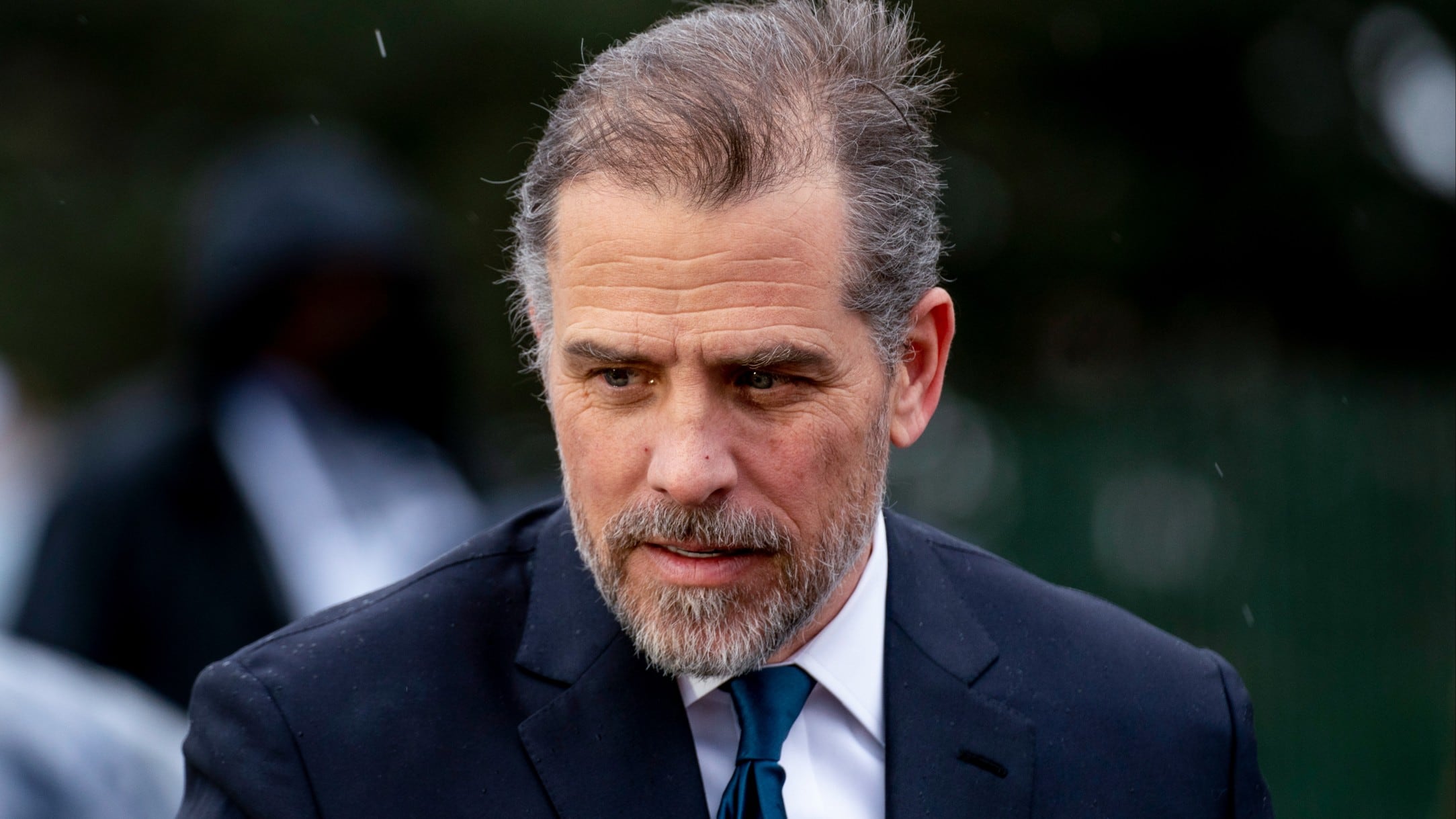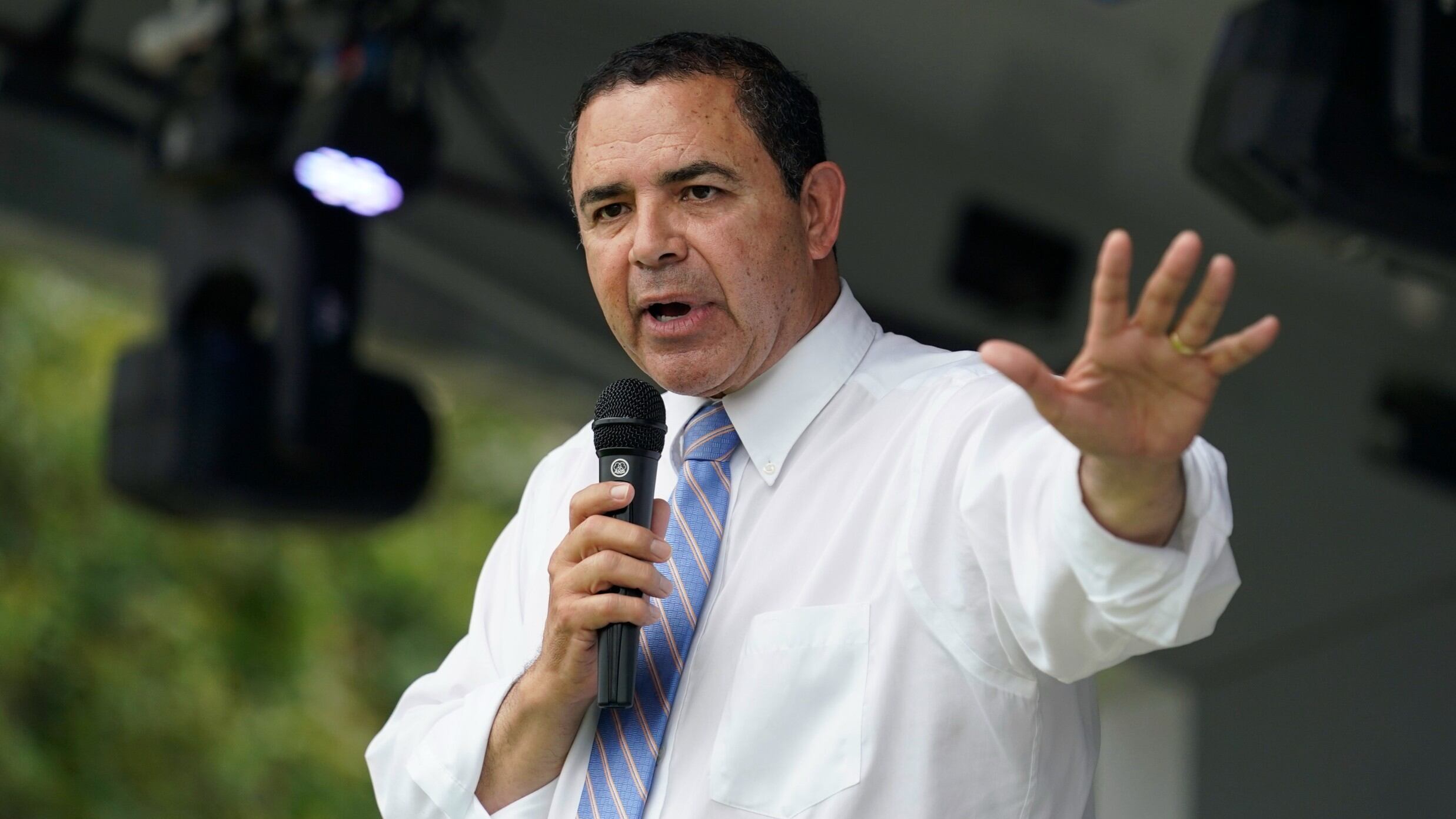*By Justin Chermol* For veteran congresswoman and cancer survivor Gwen Moore of Wisconsin, the issue of healthcare is both political and personal. The lawmaker, who just entered remission after 10 months battling small-cell lymphoma, knows she's among the lucky ones. She did not have to battle an insurance company over a pre-existing condition or cope with in spike in her premiums. In President Trump's second State of the Union speech, he set health care as priority and vowed "to protect patients with pre-existing conditions." But according to Moore, that promise is empty. "Despite the rhetoric of Republicans, it's just rhetorical on their part when they say 'Oh, we want to protect people with pre-existing conditions.' No, you can't do it if you in fact repeal the Affordable Care Act," she said. "I think one of the centerpieces of the Affordable Care Act is that we required insurance companies to provide real plans, not these junk plans, " she added of the Obama-era law that was thrown into question when President Trump took office. Meanwhile, drug prices continue to surge. Americans spend nearly $1,200 on prescription drugs a year, according to the [OECD](https://data.oecd.org/healthres/pharmaceutical-spending.htm). "It is absolutely foolish that the government has one of the biggest pools of customers in the country ー consumers of health care, when you consider Medicaid and Medicare ー and yet we don't require pharmaceutical companies to negotiate their prices. "It's a totally anti-capitalist notion," Moore continued. "For people who say they are against socialism ー and therefore \[prefer\] the market figuring it out ー one of the things the market would do, is have you negotiate across this huge pool of consumers." "That's very low hanging fruit." For full interview [click here](https://cheddar.com/videos/rep-gwen-moore-d-wi-aims-to-protect-taxpayers-with-new-legislation).












